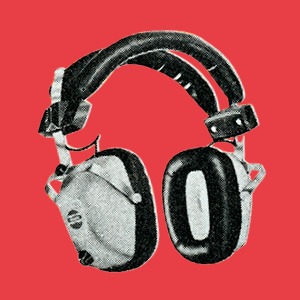You are in: Asia
Change location
You are here
Adapting to a digital age


As the way we work, study and communicate continue to transform, it’s important that the way we relate with the online world also becomes more cautious. Sage authors Tom Chatfield and Mark Carrigan have written in-depth about the dangers of social media and misinformation. Their books are timely reminders during this pandemic, that academics and students must be vigilant when it comes to what is displayed on our screens.
Find out the answers to:
What is misinformation?
How do you use social media effectively?
How do you avoid information overload?

What is misinformation?
Misinformation is simply untrue or misleading information. Unlike disinformation, which is deliberately intended to deceive, misinformation isn’t necessarily trying to fool you – it can simply be wrong because of confusion, error or ignorance.
We live in a digital age, meaning we are surrounded by vast amounts of information instantly avaliable to us. Misinformation makes it increasingly difficult to know who or what to trust. This can lead to the social media platforms we all know and love, hiding a dark side. This side of social media has the power to influence science, politics and even your everyday life.
It’s important when faced with new information to ask some key questions:
-
What am I being asked to believe?
-
How is this claim supported by evidence?
-
Where does this evidence originally come from?

How do you use social media effectively?
There are many reasons why social media and other digital platforms can help students and academics, especially as we come to terms with the idea of online lectures and seminars. It’s a great way to keep connected, keep up to date and know what is happening in your field of study and build professional networks outside your university.
To use these digital platforms responsibly, it’s important you know the reasons why you’re using it:
-
Are you trying to build better connections with people within your field?
-
Are you trying to make public groups more aware of your research in order to collaborate with them?
-
Are you trying to draw out the political implications of your research in a public forum?
-
What are you trying to do?
Questions like these can help fight the temptation of getting sucked into the great mass of information around you.

How do you avoid information overload?
It’s easy to become stuck in a continual pattern of reading, scrolling and responding. To avoid information overload and being sucked into the deep hole of technology, it’s important to create your own boundaries and rules. ‘Beware of your own default settings’.
-
First, you need to think actively about your own technological habits – and how to make the best use of your time.
-
Second, you need to think about the ways in which different technologies encourage you to behave – and how you ensure they’re serving your needs as well as their manufacturers.
These two tips will help you make better use of your technology.
For more information on critical thinking, misinformation and navigating social media:
- Check out more critical thinking resources
- Read a free chapter of Tom Chatfield's How to Think
- Meet the author: Tom Chatfield
- Visit Mark Carrigan's blog
- Master social media with a free academics toolkit
Content taken from Social Media for Academics, Think Critically, Critical Thinking